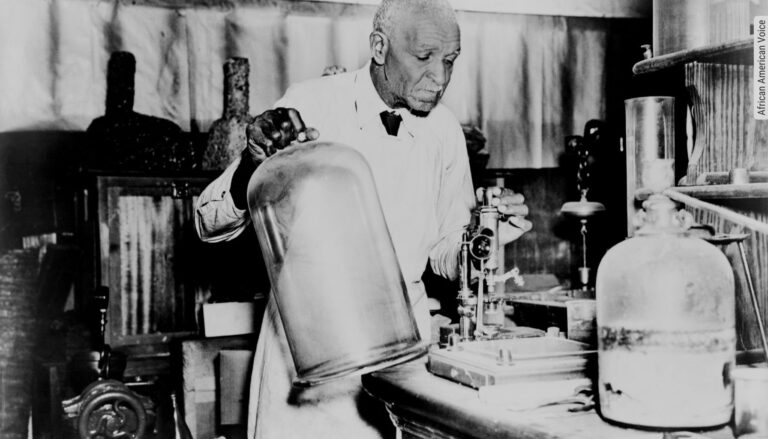
by Mya Trujillo
Spanning from November to January, the holiday season is a time dedicated to upholding numerous religious, cultural and familial traditions through widespread desires for unity and displays of generosity and gratitude.
Despite differing customs and practices, food and communal celebrations are harbingers of intimate bonds, connecting to heritage and ancestry, especially among families who have emigrated from their native countries.
Jamaican Rum Cake: A Symbol of Love
Stephanie Stair’s family is part of the 22% of the Jamaican population in the United States population. Growing up in the Bronx surrounded by other families with immigrant parents, the Stairs always shamelessly celebrate the holidays as they deem fit — especially Christmas.
Stair’s mother would gift these rum cakes to family members. Traditionally, the sheer amount of effort and resources that go into making these desserts make receiving one a great honor in Jamaican culture. A black cake can be a physical representation of one’s love and respect toward the recipient.
This inevitable food-centered tradition was passed down by her grandmother to her mother, so Stair intends to keep it alive in the future when she has children of her own. Born and raised in New York, Stair strives to keep her Jamaican heritage alive for generations to come.
“Being that… I am living in America, it’s just the way that I keep in touch with my ancestry and my culture,” she said.
Haitian Réveillon and Independence Day
Haitians — whether living in Haiti or not — also have food-centered gatherings during the holidays. On Christmas Eve, they observe the Réveillon, which is an extended dinner followed by a night of partying and gift exchanging.
In the following week, celebrations ramp up again, as Jan. 1 marks the Caribbean nation’s independence from France. They feast on the traditional squash-based soup joumou, a staple during Independence Day as enslaved Haitians were prohibited to eat this during the French occupation. It is typically seen as the holiday dinner’s inaugural entree.
Born and raised in Broward County, Florida by Haitian parents who preserved these customs, Jasmeen Noel is incredibly fond of authentically celebrating these holidays. Being incredibly family-oriented, she cherishes these opportunities to surround herself with her loved ones and celebrate their culture.
“It’s really important to keep that going, especially in the climate that Haiti is in now, it’s just super important that we do these things to keep the traditions alive for us and future generations of Haitian-Americans as well,” Noel told The Informer.
Decorations and Gift-Giving from the West Indies
T. Scott’s parents both immigrated to the U.S. from the West Indies and seem to maintain festivities seen in the Caribbean islands, while also adding aspects of Black American culture.
In Nevis, families enthusiastically decorate their homes with endless strings of lights and ornaments. In traditional West Indian fashion, the Scotts make sure to emphasize decorating during the holidays, transforming their home into a cove of Black Santas and never forgetting to adorn the tree with a gold Black angel topper.
“My mom and I loved a discount deal on holiday decor, so we’d usually make a day or two collecting cute finds and deciding where to put them while my father plays Nat King Cole,” said Scott.
Their family also typically centers their Christmas celebration around Dec. 24, with a large breakfast consisting of both saltfish and banana fritters, the latter being considered more of a holiday treat than the former. Scott enjoys gathering and reconnecting with their family over a meal and hopes to pass down these traditions of communal celebrations and gift-giving.
“I think it has already shifted to be less materialistic as I’ve gotten older, but still I feel getting my loved ones something special … is important,” they told The Informer. “I believe a good gift that really acknowledges a person’s wants can make someone feel so seen, and I think the world just needs a lot of that generally.”
Source: Published without changes from Washington Informer Newspaper







